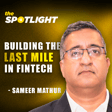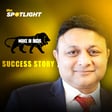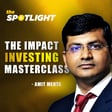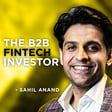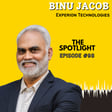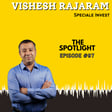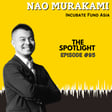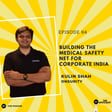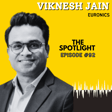
Optimising Fresh | Varun Khurana of Crofarm
“Once an entrepreneur, always an entrepreneur.” – Varun Khurana, Crofarm
In this edition of The Spotlight, Akshay Datt speaks with Varun Khurana, Founder and CEO, Crofarm, who has been on a quest to identify industry niches and build businesses in them.
Varun is a graduate of IIT Delhi and is a three-time entrepreneur. His previous ventures, Wirkle Technologies and Mygreenbox were acquired by Location Labs and Grofers, respectively.
During his stint as CTO at Grofers, he observed the poor state of the supply chain in the agriculture sector. This paved the way to his third venture Crofarm, which aims to cut agricultural wastage and help farmers get the right price for their produce.
Tune in to this episode to hear Varun speak about how Crofarm is disrupting the fresh produce market by optimising the delivery of perishable products without compromising on their quality.
Key Takeaways:
- Building and scaling multiple tech start-ups.
- Understanding market direction and making strategic exits at the right time.
- Challenges faced in the perishable products delivery industry.



